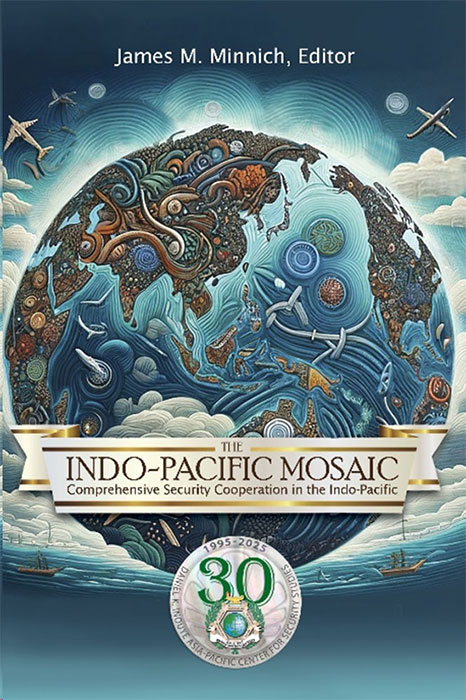Chapter Twenty Two
Leadership for Positive Peace: Transforming Societies through Inclusion and Empathy
Roxane Turner and James M. Minnich
Democracy must be built through open societies that share information. When there is information, there is enlightenment.
When there is debate, there are solutions.
— Atifete Jahjaga, 4th President of Kosovo, 2011-2016
One of the criticisms I’ve faced over the years is that I’m not aggressive enough or assertive enough, or maybe somehow, because I’m
empathetic, it means I’m weak. I totally rebel against that. I refuse to believe that you cannot be both compassionate and strong.
— Jacinda Ardern, 40th Prime Minister of New Zealand, 2017-2023
Abstract
Empathy and inclusion are transformative forces capable of healing nations, bridging divides, and fostering lasting peace. This chapter explores the leadership of Atifete Jahjaga, Kosovo’s first female president, and Jacinda Ardern, New Zealand’s former prime minister, who embodied these qualities while addressing systemic injustices, societal traumas, and national crises. Jahjaga championed institutional reform and reconciliation in the wake of conflict, confronting stigma and empowering marginalized voices. Ardern united her nation with compassionate and decisive leadership, particularly during the Christchurch mosque attacks and the COVID-19 pandemic. Their stories demonstrate the power of Positive Peace principles to inspire resilience, equity, and collective progress in an uncertain world.






